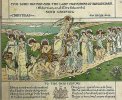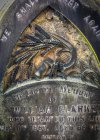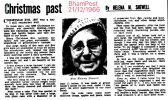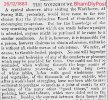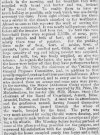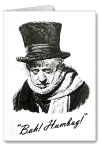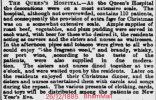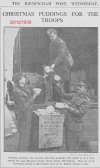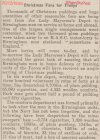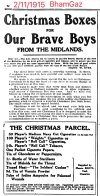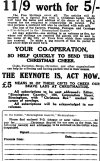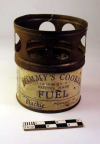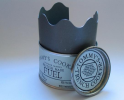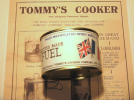our foes rode in tigers of steel,
And iron panthers that spit fire,
We received the humble Sherman,
And we named her the Tommy cooker,
Because she was not quite the best,
Armour as thin as toilet paper,
Her gun was at best a bee sting,
The Gerries hit us with sledgehammers,
And woe betide you get hit my son,
Those Shermans did a proper job,
Fuel and ammo went up at once,
Roast Tommy on the menu tonight?
Now don't get me wrong about her,
She was the best we bloody had,
And while I'll sing her faults,
She did us proud in the end,
Oh what a glorious sight she was,
Speeding across the battlefield,
We felt right grand to fight in her,
We did king and country proud,
Now when you remember us in prayer,
Give the Sherman a thought,
Without the humble Tommy cooker,
You'd be speaking German today in school.
